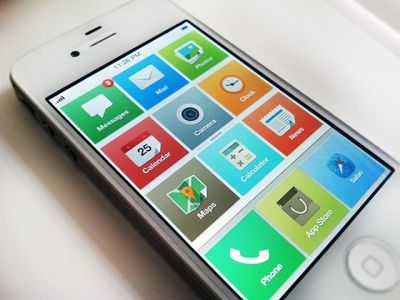 Apple Corp. last night announced that it is implementing a new security protocol that will make it impossible for the firm to turn over users’ personal information to government agencies, or anyone else. This is great news for users of Apple products, and one hopes that the other major phone and tablet operating system providers—notably, Google and Microsoft—will quickly follow suit.
Apple Corp. last night announced that it is implementing a new security protocol that will make it impossible for the firm to turn over users’ personal information to government agencies, or anyone else. This is great news for users of Apple products, and one hopes that the other major phone and tablet operating system providers—notably, Google and Microsoft—will quickly follow suit.
This is a real innovation that makes the electronic-device consumer experience much better and much safer.
The move, announced with the publication of a new privacy policy tied to the release of Apple’s latest mobile operating system, iOS 8, amounts to an engineering solution to a legal quandary: Rather than comply with binding court orders, Apple has reworked its latest encryption in a way that prevents the company — or anyone but the device’s owner — from gaining access to the vast troves of user data typically stored on smartphones or tablet computers.
The key is the encryption that Apple mobile devices automatically put in place when a user selects a passcode, making it difficult for anyone who lacks that passcode to access the information within, including photos, e-mails and recordings. Apple once maintained the ability to unlock some content on devices for legally binding police requests but will no longer do so for iOS 8, it said in the new privacy policy.
“Unlike our competitors, Apple cannot bypass your passcode and therefore cannot access this data,” Apple said on its Web site. “So it’s not technically feasible for us to respond to government warrants for the extraction of this data from devices in their possession running iOS 8.”
This action demonstrates once again that free-market choices make for innovation and consumer satisfaction, in contrast with government coercion and intrusion. Kudos to Apple for this smart and consumer-friendly action.


[…] [Originally published at The American Culture] […]